Serbia "expect Croatia's lawsuit to be rejected"
Serbia's legal team expects that the International Court of Justice (ICJ) in The Hague will reject Croatia's genocide lawsuit against Serbia.
Thursday, 22.01.2015.
09:24

Serbia "expect Croatia's lawsuit to be rejected"
“As for Serbia's counter-lawsuit referring to Operation Storm and the crimes committed during and after this operation, we leave it to the court to decide whether these crimes can be characterized as genocide,” Obradovic told Tanjug.“Our legal team expects the Court to state that mass crimes took place, so that this fact could be recognized in a way at least before the ICJ since it was not before the ICTY,” he said.
The ICJ has passed a judgment on the lawsuit and counter-lawsuit by Croatia and Serbia, which is expected to be made public on February 3 along with a statement of reasons.
Croatia launched the proceedings against the former Federal Republic of Yugoslavia before the ICJ on July 2, 1999 over the alleged violations of the Convention on the Prevention and Punishment of the Crime of Genocide during the armed conflicts of 1991-1995, and Serbia filed a counter-lawsuit 10 years later.
Serbia urged the ICJ to declare Croatia responsible for violations of the Convention on the Prevention and Punishment of the Crime of Genocide, and for genocide against the Serb people in Operation Storm.
Serbia proposed that the ICJ's judgment should oblige Croatia to make reparation to Serbs from Krajina for all damage and other loss or harm inflicted to them or their property during Operation Storm and allow for a safe return of Serb refugees and expellees.
In addition to this, Serbia requested that the ICJ should oblige Croatia to punish all perpetrators of the crimes, and stop celebrating August 5 as a national holiday, given the genocide and ethnic cleansing of Serbs that were committed during Operation Storm.
“If the court rejected Croatia's claim and Serbia's counter-claim, then the decision would be of declarative nature, so there would be no right to appeal,” explained the agent of Serbia.
If the court issued an order for indemnification for one of the states, then that state would have to act on it, Obradovic said.
In this phase of the proceedings, the ICJ does not deliver the judgment on a specific indemnification, but gives the states some time to agree on it. If the states fail to reach an agreement, the state that should get reparation would go to court once again with a specific claim, and the UN Security Council would monitor the execution of the court's decision, he said.
The ICJ is the highest UN court, and all member states of that world organization are obliged to respect its decisions.












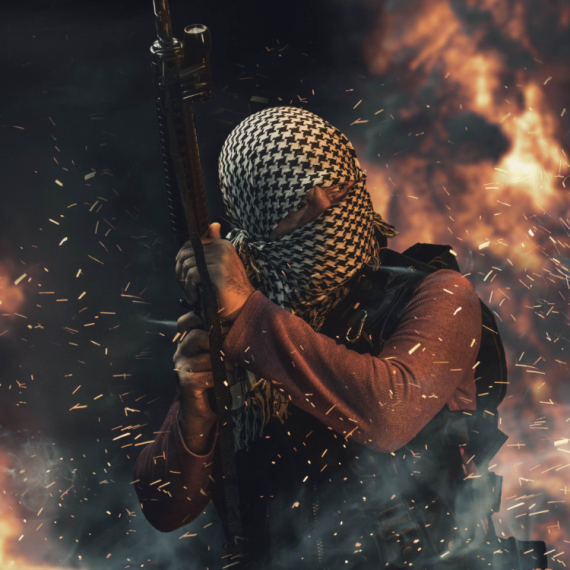
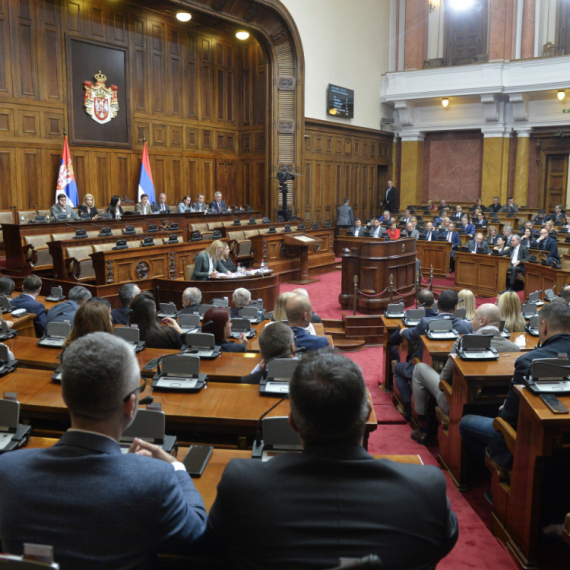
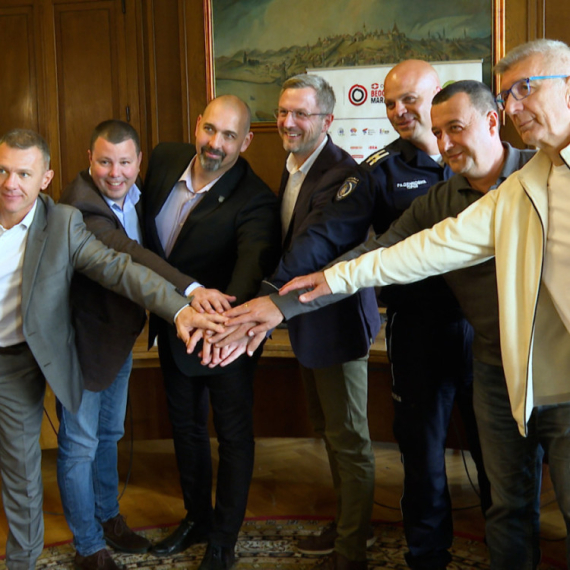
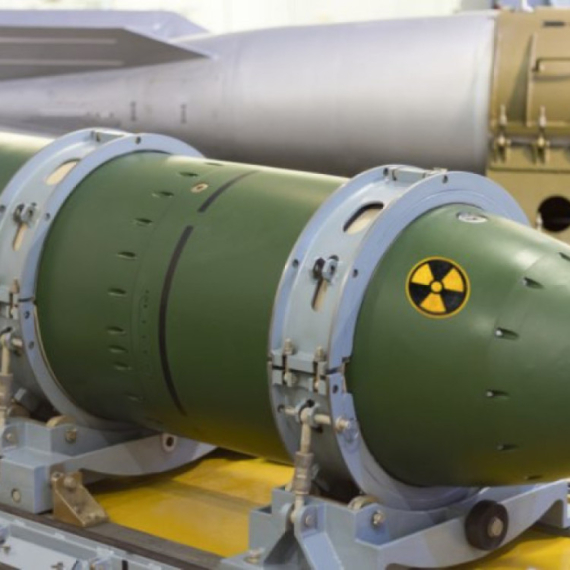
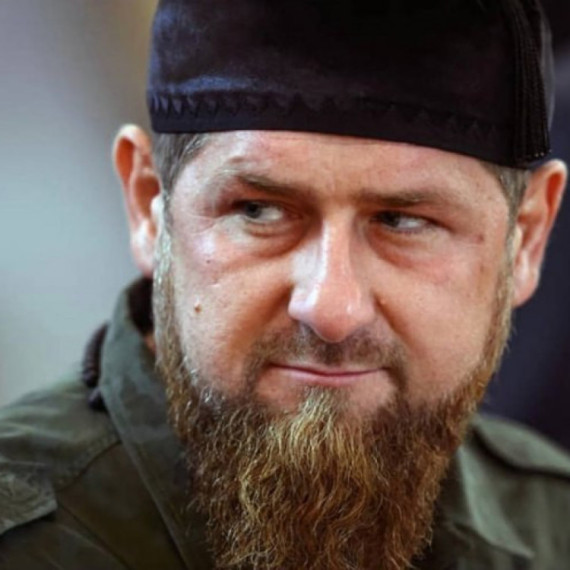








































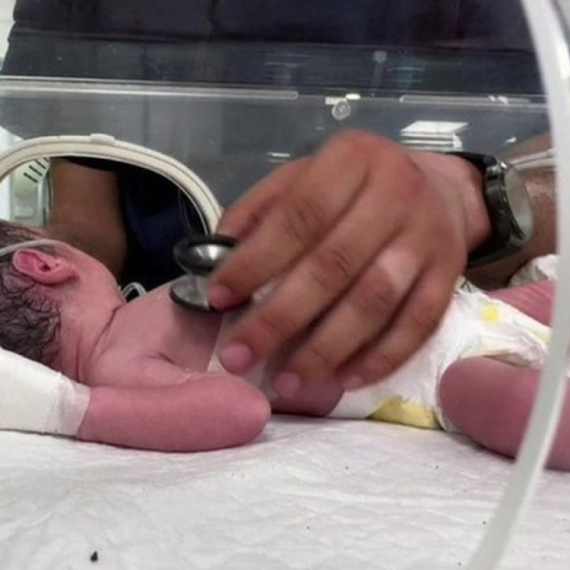

Komentari 24
Pogledaj komentare